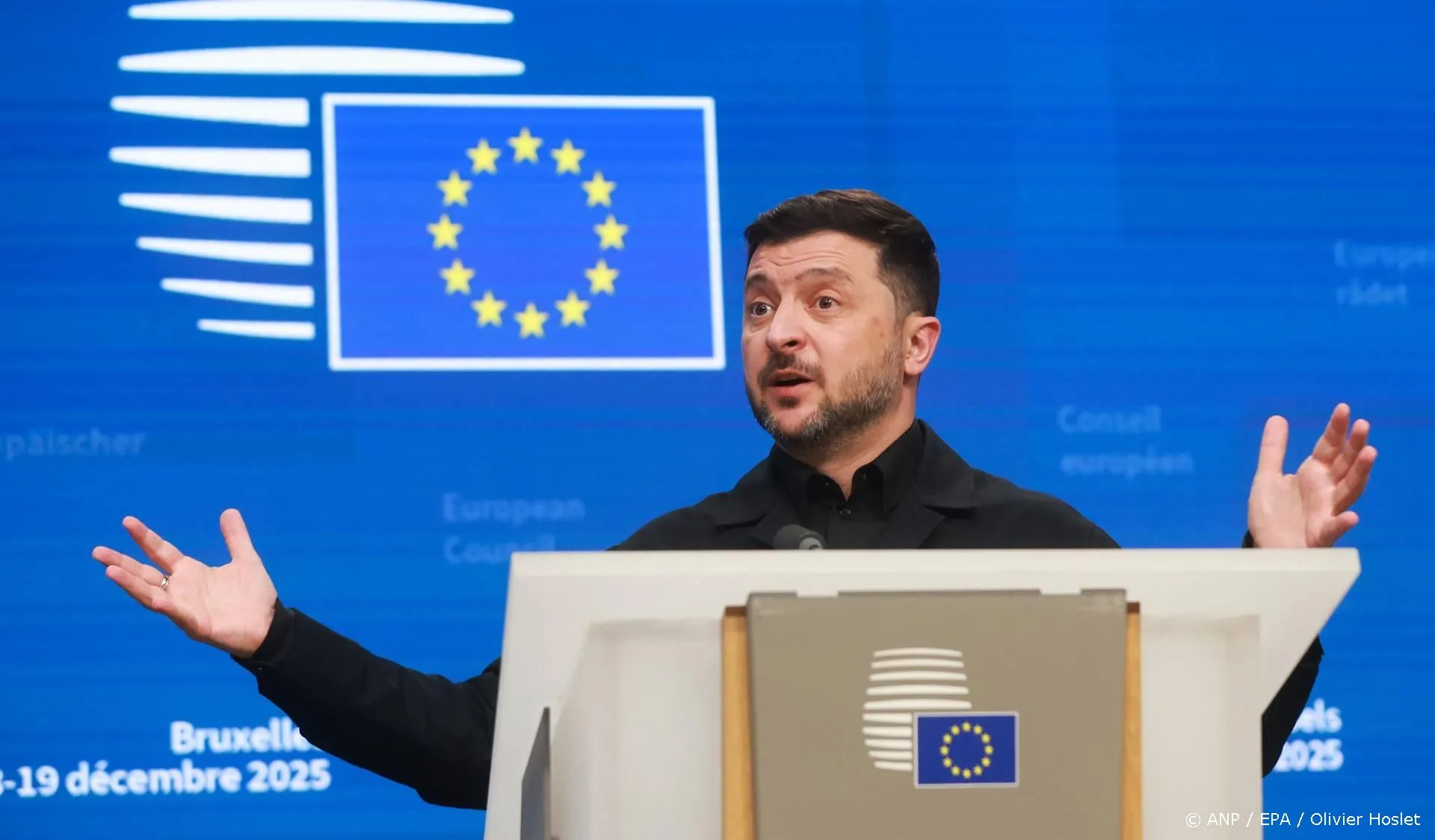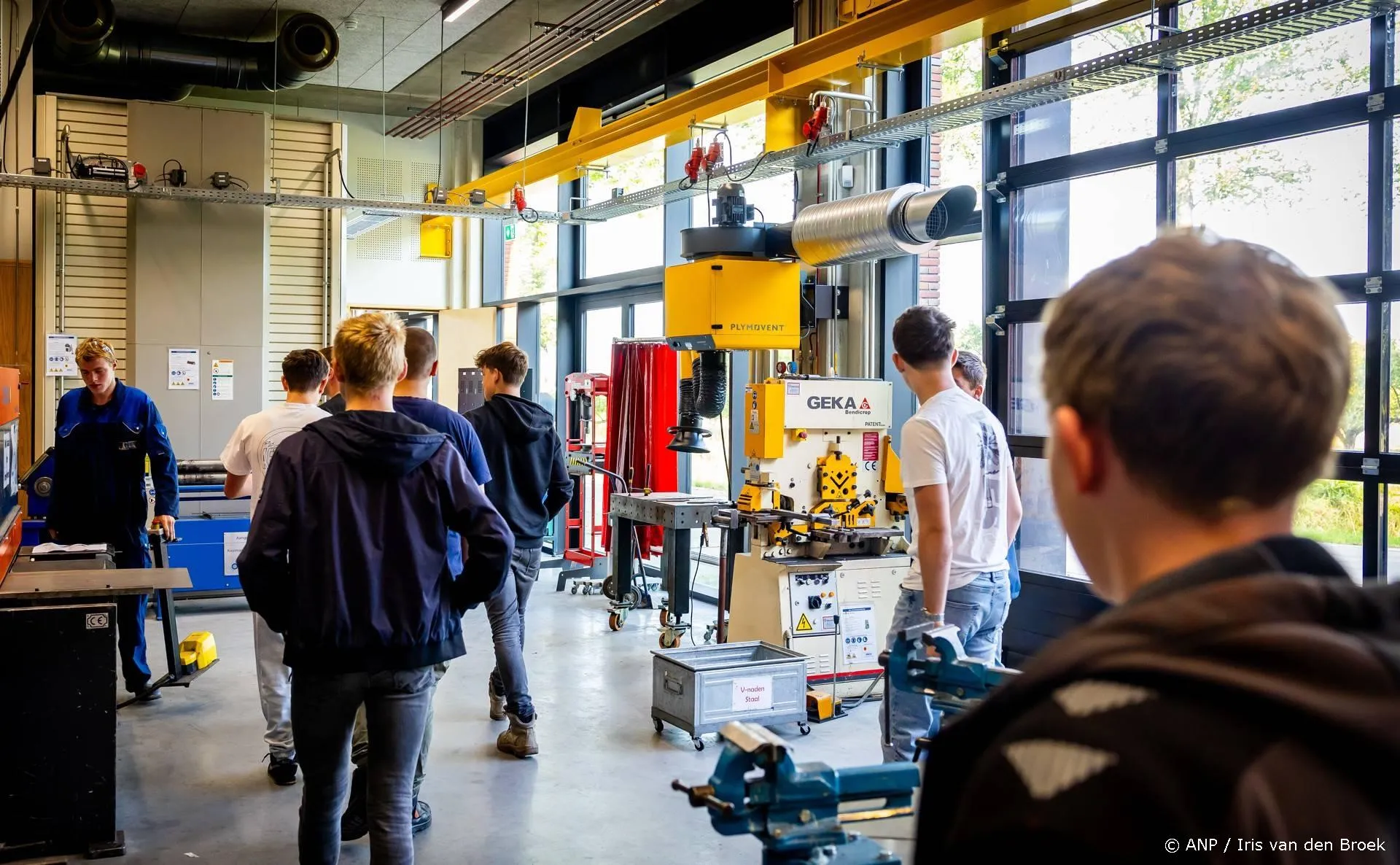Duitse klimaatpaus, Hans-Joachim Schellnhuber, spreekt zichzelf moed in
Ondertussen vindt er een industriële exodus uit Europa plaats.
Onder de titel, 'Europa auf der Klimaschutzbremse?, publiceerde Joachim Müller-Jung in de FAZ een vraaggesprek met de Duitse klimaatpaus, Hans-Joachim Schellnhuber, adviseur van Angela Merckel, over de nieuwe voorstellen van de Europese Commissie inzake het klimaatbeleid. Schellnhuber verklaarde daarover per saldo niet te zijn teleurgesteld.
Müller-Jung vroeg hem:
Ist Europa mit dem moderaten Ziel 40 Prozent Reduktion der Kohlendioxidemission bis 2030 gegenüber 1990 vor der Industrie in die Knie gegangen?
Schellnhuber:
Darüber kann man streiten. Mich interessiert zuerst die Frage, ob es ein Meilenstein ist auf dem Weg zur Stabilisierung des Weltklimas, gemessen an dem, was erreichbar wäre. 40 Prozent Kohlendioxidreduktion sind so gesehen am unteren Ende dessen, was man noch als ein akzeptables Ambitionsniveau ansehen kann. Es ist technisch und wirtschaftlich sicher machbar. Man hätte mit den bestehenden Maßnahmen aber schon 32 Prozent erreicht. 40 Prozent ist politisch also nicht sehr ambitioniert, es ist allerdings auch keine Katastrophe. 35 Prozent wäre Stagnation gewesen, da hätte man international nicht mehr auftreten können.
Müller-Jung:
Hat man die Führungsrolle endgültig aufgegeben, wie viele Klimaschützer beklagen?
Schellnhuber:
Das neue Ziel ist die schwächste Version einer europäischen Führungsrolle, die man sich auf dem Weg hin zu einer kohlenstoffarmen Welt vorstellen kann. Es ist ein Kompromiss, der die Wettbewerbsfähigkeit in den Vordergrund stellt. Er ist sicher das Ergebnis der europäischen Wirtschaftskrise, und ein Versuch, das Trauma einigermaßen zu adressieren und gleichzeitig den Klimaschutz nicht aufzugeben. Das Ziel reflektiert sicherlich auch, dass das Feuer, das in Präsident Barroso brannte, ziemlich erloschen ist. Das heißt nicht, dass sich Europa herausgestohlen hat aus dem Kampf für die Stabilisierung des Weltklimas. Ich selbst halte ein Ziel von 50 Prozent Reduktion bis 2030 für absolut realistisch. Wenn man aber in die Dekarbonisierung einsteigt, sind auch 40 Prozent schon eine Ansage. Damit sind die Weichen gestellt.
Lees verder hier.
Dit interview toont maar weer eens aan dat Schellnhuber zich hoe langer hoe meer in zijn eigen fantasiewereld heeft teruggetrokken. Een geheel ander geluid komt er uit 'World Economic Forum' in Davos. Daar is het besef doorgedrongen dat het huidige Europese klimaatbeleid een catastrofale uitwerking heeft op de Europese economie.
Onder de titel, 'US vs. Europe: Energy battle heats up', rapporteert Daniel Yergin daarover voor CNBC:
One of the biggest themes at Davos this year and one that was not there last year was "competitiveness." This concern, however, was hardly limited to the annual conclave in the Swiss Alps. It reverberated with simultaneous developments in both Brussels and Berlin that point to the beginning of a major, if difficult, rethink of Europe's energy policies. It all comes down to shale gas and the energy revolution it has triggered in the United States. All this puts European industrial production at a heavy cost disadvantage against the United States. The result is a migration of industrial investment from Europe to the United States what one CEO called an "exodus." It involves, not only energy-intensive industries like chemicals and metals, but also companies in the supply chains that support such industries. ...
In one session I attended, a senior European official declared that Europe needs to wake up to the "strategic reality" that shale gas in the United States is a "total game changer." Without a change in policies at both the European and national levels, he warned, Europe "will lose our energy intensive industries and we will lose our economy long term." ...
In one session I attended, a senior European official declared that Europe needs to wake up to the "strategic reality" that shale gas in the United States is a "total game changer." Without a change in policies at both the European and national levels, he warned, Europe "will lose our energy intensive industries and we will lose our economy long term." ...
A similar message resounded at exactly the same time from Berlin. Sigmar Gabriel, the social democratic minister of economy and energy in Germany's coalition government, called for reform in Germany's Energiewende or "energy turn" policy which has heavily subsidized the rapid growth in renewable electricity. He warned that the "anarchy" in renewable energy and its costs in Germany had to be reined in: "The whole economic future of our country is riding on this," he said. "We have reached the limits of what we can ask of our economy." .
Gabriel's comments stirred up criticism from environmentalists; indeed, they may seem strange words coming from the leader of the Social Democrats (the SPD). But the Social Democrats are very close to the trade unions, for which loss of competitiveness translates into loss of jobs.
And it is jobs, as much the specter of "deindustrialization," the disinvestment in industry, that is now making competitiveness a significant part of Europe's energy debates, especially on a continent where unemployment is so high. The risk of major job loss could well provide the political stimulus to moderate energy policies in order to narrow the trans-Atlantic gap that was so evident a theme this year at Davos.
Lees verder hier.
Het muntje begint te vallen. De klimaathysterie loopt op haar laatste benen.
Als men in plaats van de duur betaalde adviezen van groen bevlogen hoge organen de gratis adviezen van DDS had gevolgd, had deze catastrofe kunnen worden voorkomen. Nu wordt het tot dusver gevolgde beleid dus teruggedraaid. Maar verwacht vooralsnog nog meer ellende, want de voorgestelde maatregelen zijn 'too little and too late'.
Voor mijn eerdere DDSbijdragen zie hier.
Ga verder met lezen
Dit vind je misschien ook leuk
Laat mensen jouw mening weten
Lees ook
Loading


